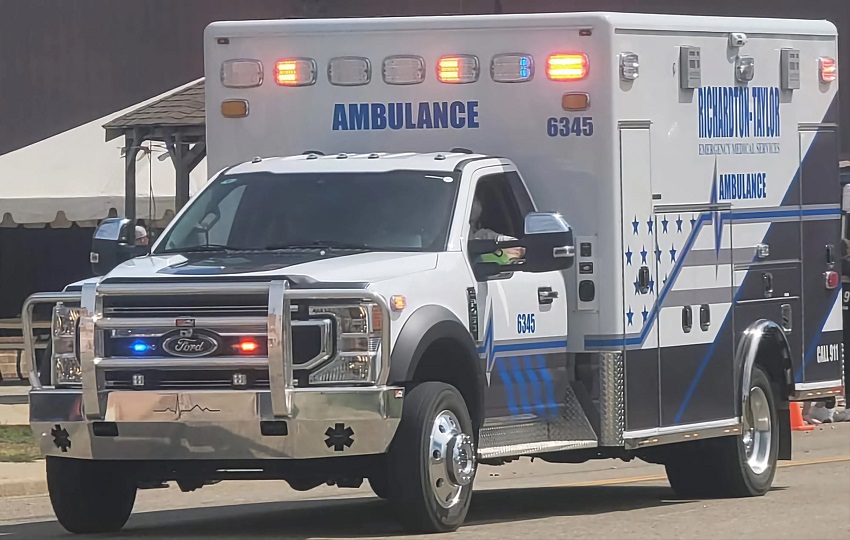BISMARCK, ND — A new piece of legislation aimed at assisting rural ambulance services in North Dakota is making its way through the state Senate. Senate Bill 2033, which was recently approved by the Senate Human Services Committee with a 5-1 vote, proposes the creation of a “distressed ambulance service program” to address challenges faced by struggling emergency medical services (EMS) in the state’s rural areas.
The bill, sponsored by state lawmakers, seeks to help ambulance services that are at risk of failing due to issues such as noncompliance with state or federal regulations, an inability to respond to emergency calls, or plans to close their operations. If passed, the bill would grant the North Dakota Department of Health and Human Services (HHS) the authority to designate an ambulance service as “distressed.” Once designated, the service would be required to collaborate with HHS and local officials to create a corrective action plan aimed at ensuring continued operation and compliance with relevant laws.
Proponents of the bill, including Adam Parker, Chairman of the North Dakota EMS Association, argue that the program would provide critical support to struggling services before they reach a breaking point. “If Senate Bill 2033 doesn’t pass, we’re really in the same position we’re in today,” said Parker. “When an ambulance service is failing, there’s no clear path to help them become compliant. This bill allows the department to work with services early on to find solutions before they reach a breaking point.”
Parker emphasized that the goal of the legislation is not to penalize failing services but to offer resources and guidance to help keep them operational. The measure is seen as a proactive approach to preventing the closure of ambulance services, which are crucial to public safety in rural communities where emergency services may be sparse or stretched thin.
In many parts of North Dakota, local communities have voted to fund ambulance operations through taxes, demonstrating a strong public support for maintaining EMS capabilities. While no one enjoys paying taxes, Parker noted, most residents understand the necessity of funding emergency services. “Nobody likes paying taxes, but people understand that without them, they might not have an ambulance,” he said.
As the bill moves to the Senate Appropriations Committee for further review, health officials and community leaders are hopeful that it will gain broader support and ultimately become law, helping to secure the future of rural ambulance services in North Dakota.


